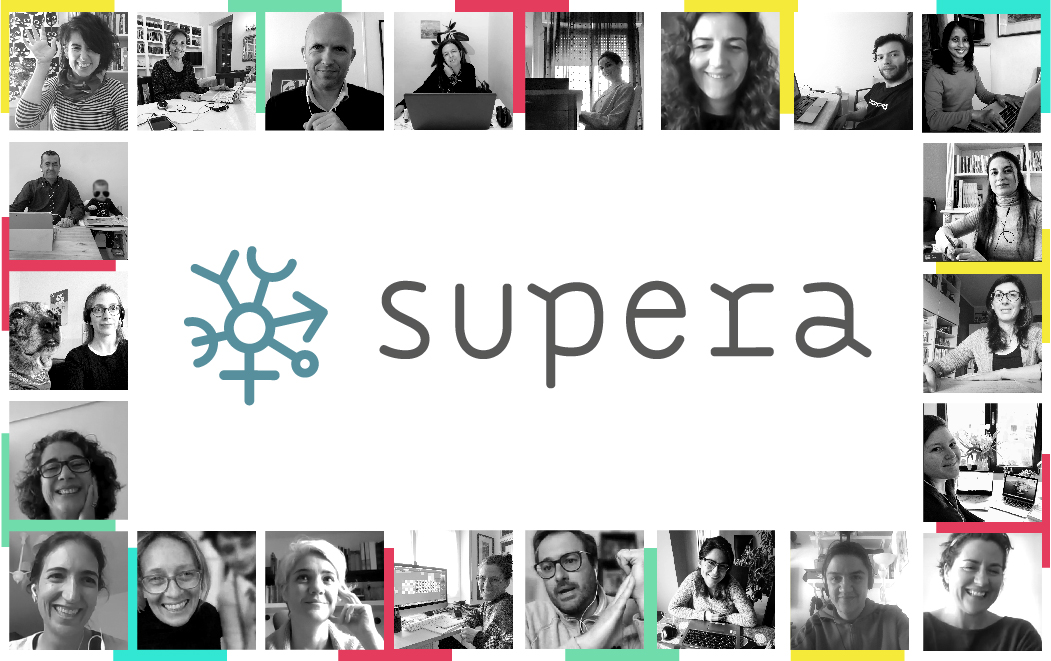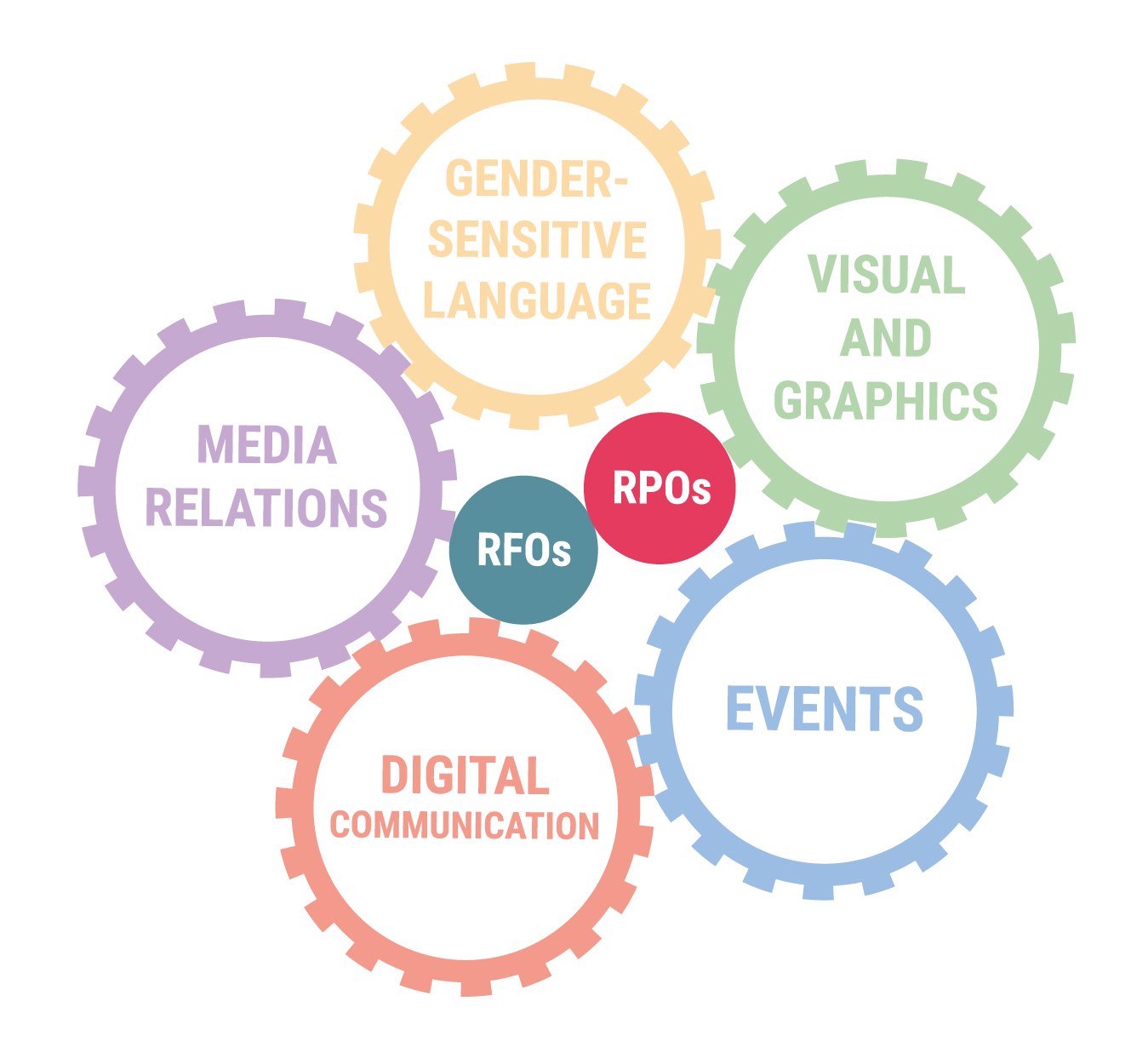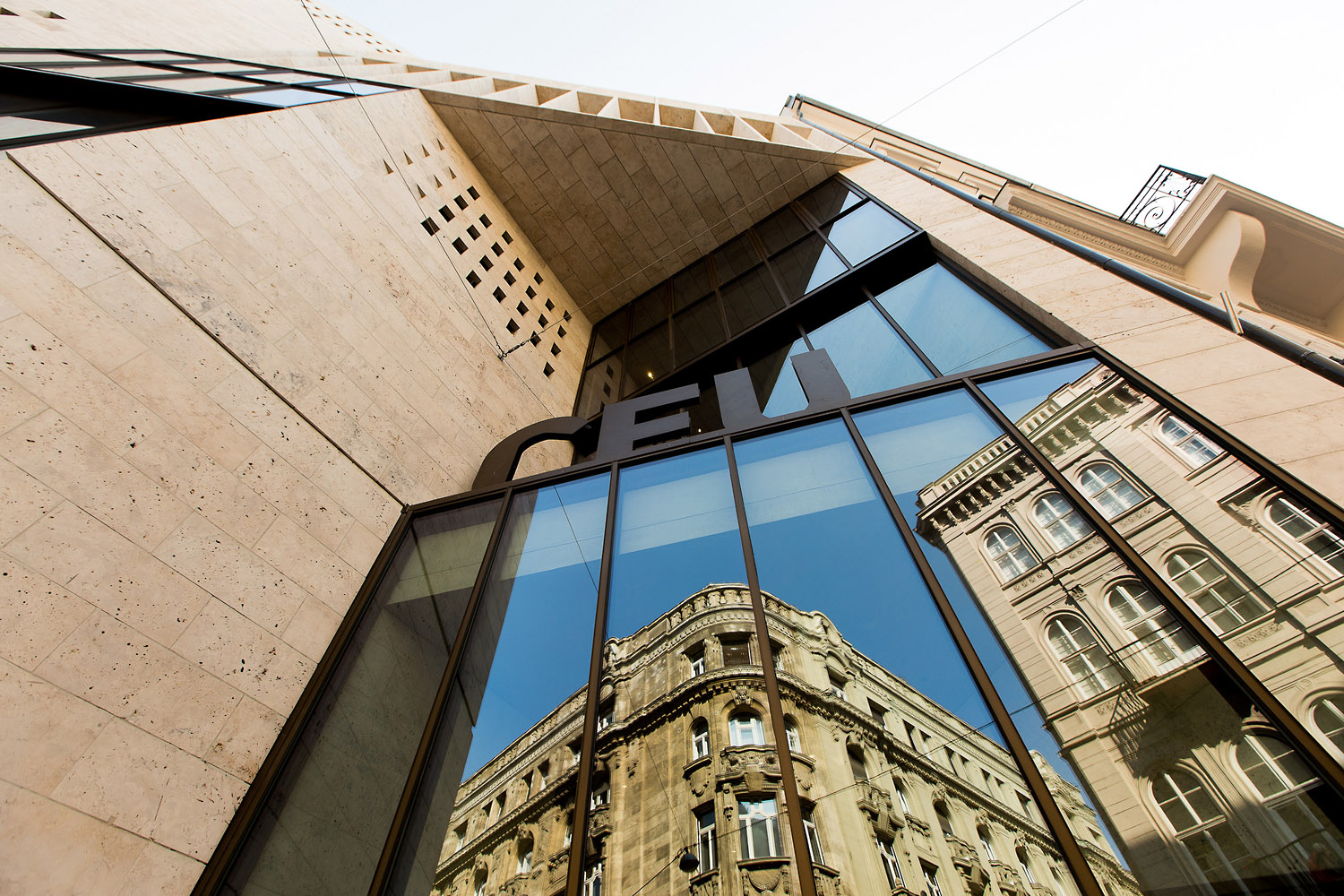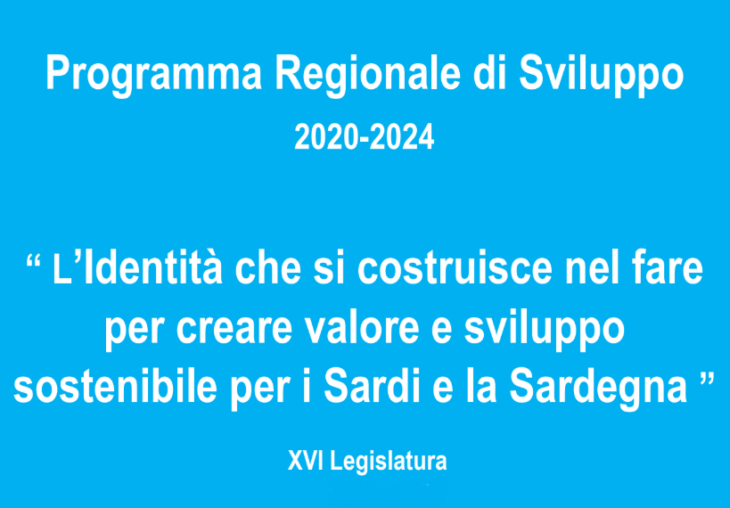Postponement of the XI European Conference on Gender Equality in Higher Education in Madrid
The XI GEHE Conference: Advancing gender mainstreaming in Academia, Research and Innovation needs to be postponed to September 2021 due to the global health emergency
By the Local Committee of the 11th GEHE Conference
The Spanish Ministries with competences in science, innovation and universities had announced the XI European Conference on Gender Equality in Higher Education in Madrid (16-18 September 2020). The Universidad Politécnica de Madrid (UPM) would host this Conference, also supported by the Spanish Foundation for Science and Technology (FECYT) and the Spanish National Research Council (CSIC). The European Network on Gender Equality in Higher Education has been also assisting in this task. Other national stakeholders have been mobilized for the success of the Conference and its dissemination within the Spanish system of science, technology and innovation. For this purpose, a National Committee devoted to support this Conference has been established at the Spanish Observatory for Women, Science and Innovation.
However, after careful consideration of the situation and the uncertain prospects regarding travelling in the coming months, the Local Committee for this Conference has decided with great regret to postpone the 11th GEHE Conference to 15 – 17 September 2021.
All the organizing institutions are convinced that the 2021 edition of the GEHE Conference will enhance the discussion and exchange among gender experts and practitioners as well as will provide original insights on the topics suggested: sex/gender analysis into the research content, structural change, gender equality plans, scientific-technical vocations, among others, with two cross-cutting areas such as Gender and Intersectionality and Application to Polytechnic Universities, including special focus on STEM fields and Women in STEM, as well as on STEM-SSH interdisciplinarity.
The ultimate goal is to produce valuable knowledge that can help design better and more effective gender equality policies in Research and Innovation (R&I) systems as well as in Higher Education Institutions across Europe and beyond.
This edition has made an effort to include experts on gender, science and innovation from Southern Europe in the International Scientific Committee while maintaining the experience gained in former Conferences. This group of high-level experts is responsible for evaluating more than 200 submitted proposals for communications, posters, symposia and workshops. These numbers speak volumes on the great interest this edition has generated among the gender community from Europe and beyond.
Follow the news on the 11th GEHE Conference on the official website.








